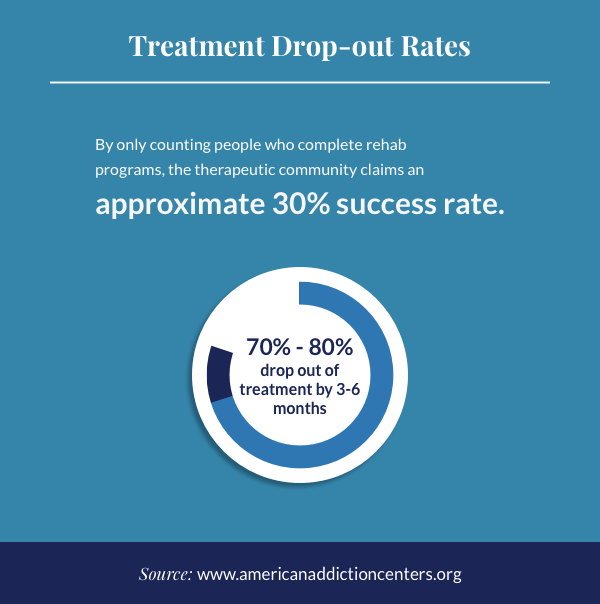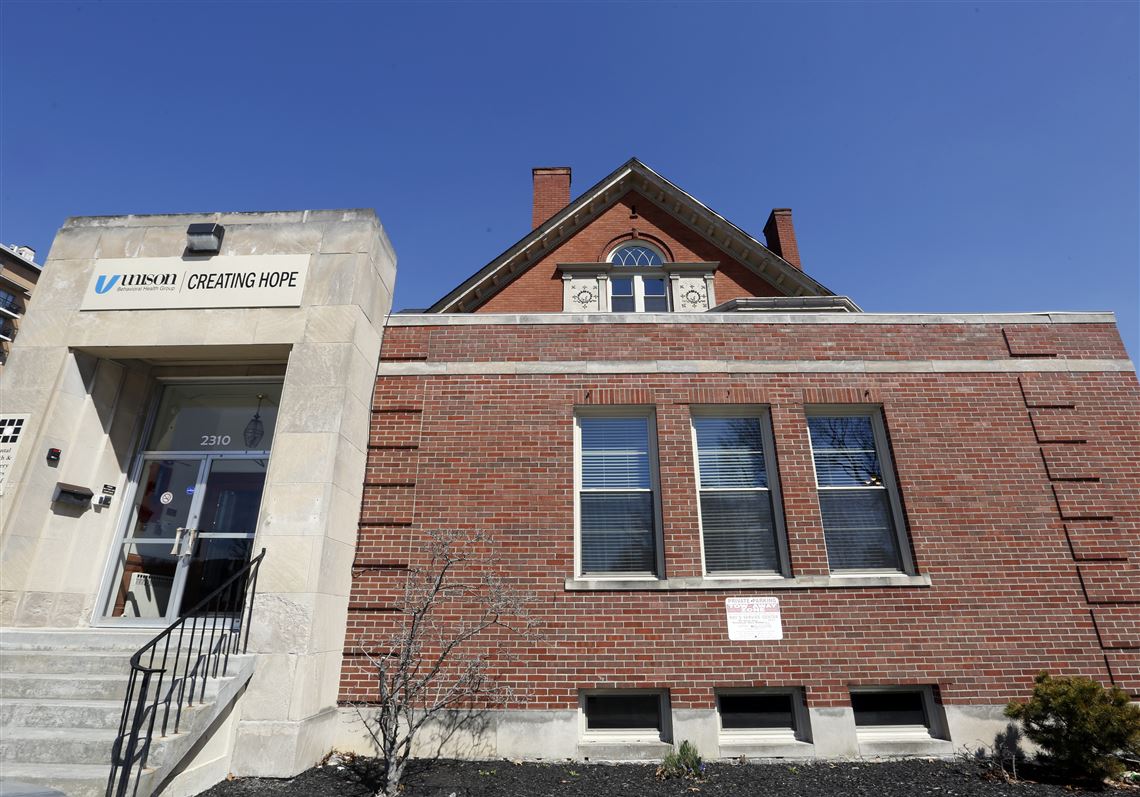Table of ContentsTreating Addiction - Ulifeline Things To Know Before You BuyThe 3-Minute Rule for Overcoming Drug Addiction - Helpguide.orgFascination About Addiction Treatment - Options For Addiction Recovery ...An Unbiased View of Overcoming Drug Addiction - Helpguide.org
By using shared support, these sessions allow participants to utilize the group format to share insights, enhance member therapeutic gains, and to put in group responsibility on specific behavior. Frequently, group therapy is provided to individuals who share some typical experience or unsolved concern such as trauma survivors, gender specific focus, criminal justice participation, parenting focus, and so on.
By alleviating the signs, medications allow individuals with addictions to participate more easily in other aspects of treatment. The most commonly utilized and best known of these medications is methadone, a medication given orally, which is extremely efficient in dealing with heroin and opiate dependency. Other medications currently used to treat chemical dependence consist of LAAM (l-alpha-acetyl-methadol), buperinorphine (soon to be approved), Antabuse, bupropion, and Naltrexone.
Usually, this is accomplished through urine, blood and breath testing. For clients required to attend treatment by another system (e.g., court, kid welfare, public support), reporting back to the judge or other determined official on the results of customers' toxicology tests will likely be a requisite component of the treatment program with customer Article source consent.
With the enactment of welfare reform, trade rehab services have now become core services of lots of treatment programs. Patients typically work with qualified trade specialists who help them with prevocational skill advancement (e (why aren't addiction treatment centers federally regulated).g., resume writing, task looking for abilities), gaining work experience, educational support, and with finding and keeping work. - Generally, treatment programs provide a complete physical evaluation or schedule one to be provided upon initial admission.
Treatment programs are especially alert for particular illness that are extremely prevalent amongst chemical reliance clients (i.e., sexually transmitted illness, hepatitis, tuberculosis and HIV/AIDS). - Due to the fact that chemical dependence strains and in some cases fractures important family relationships, treatment programs may use - straight or through recommendation - services to strengthen family functioning and promote household reunification.
- The several, complex needs of a lot of clients extend beyond the specific chemical reliance services. For instance, clients may require aid with real estate, transport, court advocacy, childcare, or kid welfare services. The treatment provider typically deals with the private to organize these important services, make referrals, and assist in the exchange of vital information with other human service firms.
Some Known Details About What Is Drug Addiction Treatment? - National Institute On Drug ...
It should be kept in mind that traditionally alcohol and drug treatment programs have actually focused on returning each person to be a self-dependent, productive member of his or her community. However, with the arrival of well-being reform in 1995, numerous treatment organizations have made employment-related services much more essential parts of their treatment programs.
Treatment happens in a variety of settings. In reality, the treatment system represents a planned continuum of care in New York State. how to open an addiction treatment center. Lots of people with dependencies begin their preliminary treatment at one level (e.g., crisis services for detoxification) and move through the system up until they can function as an efficient and independent member of society.
Each category of care supplies a different intensity of treatment arrangement. In New York State, the recent combination of alcohol treatment services and drug abuse treatment services into chemical reliance treatment services has led to four broad categories of care. (Personal certified specialists also supply alcohol and drug abuse treatment, but they are not reflected in the four categories.) The 4 categories are summed up below.
These services are typically supplied early in a person's course of recovery and are relatively brief in duration, generally 3 to five days, although some chemicals might require approximately one month of handled withdrawal. Crisis services cause a referral for continued care in a longer-term treatment setting. Crisis services consist of medically handled cleansing in a hospital, medically monitored withdrawal in either an inpatient/residential or outpatient setting, and medically kept track of withdrawal in community-based settings.
- Chemical dependence inpatient rehabilitation services offer intensive management of chemical reliance signs and medical management and monitoring of physical or psychological problems from chemical dependence to people who can not be effectively functioned as outpatients and who are not in need of medical cleansing or intense care. These services can be provided in a hospital or freestanding center.
Suppliers carry out extensive evaluation, treatment and rehab services in a medically monitored 24 hour/day, 7 days/week setting. Chemical reliance inpatient services include the following fundamental scientific procedures: specific and group therapy and activities therapy; alcohol and substance abuse illness awareness and regression avoidance; assessment and recommendation services for clients, families and better halves; HIV education, risk assessment and encouraging therapy and recommendation; vocational and/or educational assessment; and medical and psychiatric assessment.
Little Known Questions About Treatment Approaches For Drug Addiction Drugfacts ....
- Chemical dependence property services assist individuals who are not able to maintain abstaining or take part in treatment without the structure of a 24-hour/day, 7 day/week domestic setting, and who are not in need of severe health center or psychiatric care or chemical reliance inpatient services. There are three levels of residential services, which differ by strength of service provided: intensive property treatment and rehab, neighborhood property services, and helpful living services.
All residential chemical reliance services offer the following procedures: counseling, peer group therapy, helpful services, academic services, structured activity, leisure, and orientation to neighborhood services. In addition, some offer the following extra services, either directly or by recommendation: trade evaluation and services; job abilities and employment preparedness training; and parenting, personal, social and neighborhood living abilities training, including personal hygiene and recreation.
Preferably, outpatient services are provided in the neighborhood where the individual lives. This encourages access to the individual's household and other community supports that will help the customer preserve an alcohol and compound complimentary life. There are 2 types of chemical reliance outpatient services: general outpatient services and outpatient rehab services.
The length of stay and the intensity of https://transformationstreatment1.blogspot.com/2020/07/anxiety-disorders-treatment.html services as determined by frequency and duration of visits differ from one category of outpatient services to another. The frequency with which a client takes part in outpatient services likewise varies throughout the course of treatment depending on how he or she advances towards healing.

Each chemical reliance outpatient service provides the following procedures: group and individual therapy; education about alcohol and drug abuse illness awareness and relapse avoidance; HIV and other communicable disease education, risk assessment, encouraging therapy and recommendation; and household treatment. In addition, and just like all levels of service, patients are offered orientation to, and chance for participation in, appropriate and offered self-help groups.
All services are supplied according to a customized evaluation and treatment strategy. Depending on the treatment program and the individual circumstances, a wide range of experts can be included in an individual's treatment. Many frequently, people get treatment which is supervised by a multi-disciplinary group of professionals under the work of a treatment program as summarized in the previous section - what is the best treatment for opiate addiction.
Examine This Report on Treatment Approaches For Drug Addiction - Burning Tree
New york city State law requires that chemical reliance treatment companies must be accredited by the Workplace of Alcoholism and Drug Abuse Provider to offer services in New york city State. In addition, professionals with appropriate state licensure may operate out of a personal practice to provide treatment services. Examples of these personal practitioners include: Physicians, Psychologists, Qualified Social Employees and Psychiatrists.
